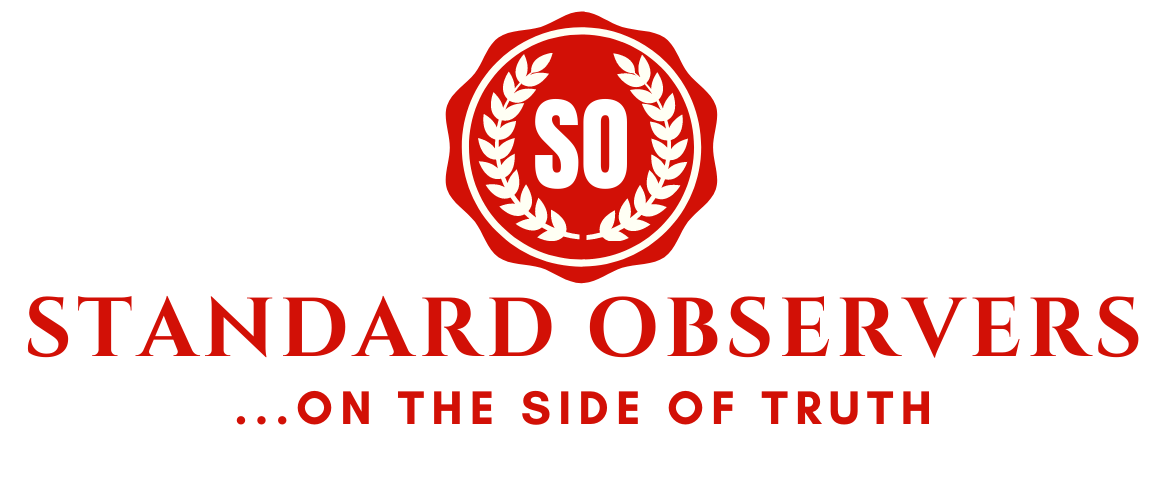A Federal High Court sitting in Abuja has granted Rochas Okorocha, a former governor of Imo State bail.
Okorocha, a presidential aspirant on the platform of the All Progressives Congress, APC, was ordered to remain in the custody of the Economic and Financial Crimes Commission, EFCC until he fully perfects the stringent bail conditions imposed on him.
Immediately after the court order was made, operatives of the EFCC led him away amid tight security and shouting by his sympathisers who had come to witness the proceedings.
Justice Inyang Ekwo of the Federal High Court had imposed stringent bail conditions on Okorocha who is standing trial in an alleged N2.9 billion corruption charge, Daily Post reports.
The judge admitted the ex-governor to bail in the sum of N500 million and one surety in like sum.
Equally admitted to bail by Justice Inyang Ekwo is his co-accused, Anyim Nyerere, who was also arraigned on a 17-count money laundering charge.
In the case of Nyerere, the court ordered that he should continue on the administrative bail granted him by EFCC, for exhibiting good conduct while on bail.
The judge however said that the circumstances and conduct of Okorocha would not make the court extend the same customary bail condition to him.
He, therefore, ordered that Okorocha’s surety must have a property in Abuja, not below N500m and the original title documents of the property must be deposited with the court registrar.
Justice Ekwo further ordered that the original title document must be taken to Abuja Geographical Information System (AGIS) for verification by the registrar.
Thereafter, the registrar must swear to an affidavit on the report of his findings on the authenticity or otherwise of the property documents.
In addition, Senator Okorocha’s travel documents were ordered to be deposited with the court registrar, and he must not travel out of the country without the express permission of the court.
That Nigerian Immigration Service(NIS), the judge ordered, must be alerted in writing by the court registrar that the passport of the former governor is in the custody of the court and should not be allowed to travel out of the country without an order of the court.
Justice Ekwo held that although bail is at the discretion of the court, the “circumstances and conduct of the first defendant (Okorocha) will not make the court to admit him to customary bail conditions”.
In the case of the 2nd defendant, the court observed that since he did not tamper or jump his administrative bail given to him by the EFCC, he should remain on same.
Justice Ekwo finally ordered that Okorocha should remain in the custody of the EFCC until the bail conditions are met.
Meanwhile, the court has adjourned the trial to November 6,7,8,9,10, and 11.
Okorocha, who was arraigned on Monday pleaded not guilty to the 17-count charge preferred against him and six others by the EFCC.
The ex-governor, who is currently the Senator representing Imo West, had initially declared his intention to contest for the presidency in the 2023 general elections.
He was however arrested by operatives of the agency, a few hours before his political party, the ruling All Progressives Congress, APC, screened its presidential candidates.
His arrest was predicated on the alleged refusal by the former governor to make himself available for trial, as the prosecution agency accused him of deliberately evading service of the charge on him.
Senator Okorocha, who took his plea before Justice Inyang Ekwo, was arraigned alongside a chieftain of the APC, Anyim Nyerere Chinenye, and five companies – Naphtali International Limited, Perfect Finish Multi Projects Limited, Consolid Projects Consulting Limited, Pramif International Limited, and Legend World Concepts Limited.
The anti-graft agency had in the charge alleged that the defendants sequentially siphoned funds from the Imo State Government House account and Imo State Joint Local Government Project account to the tune of N2.9 billion and diverted same into accounts of private firms.






